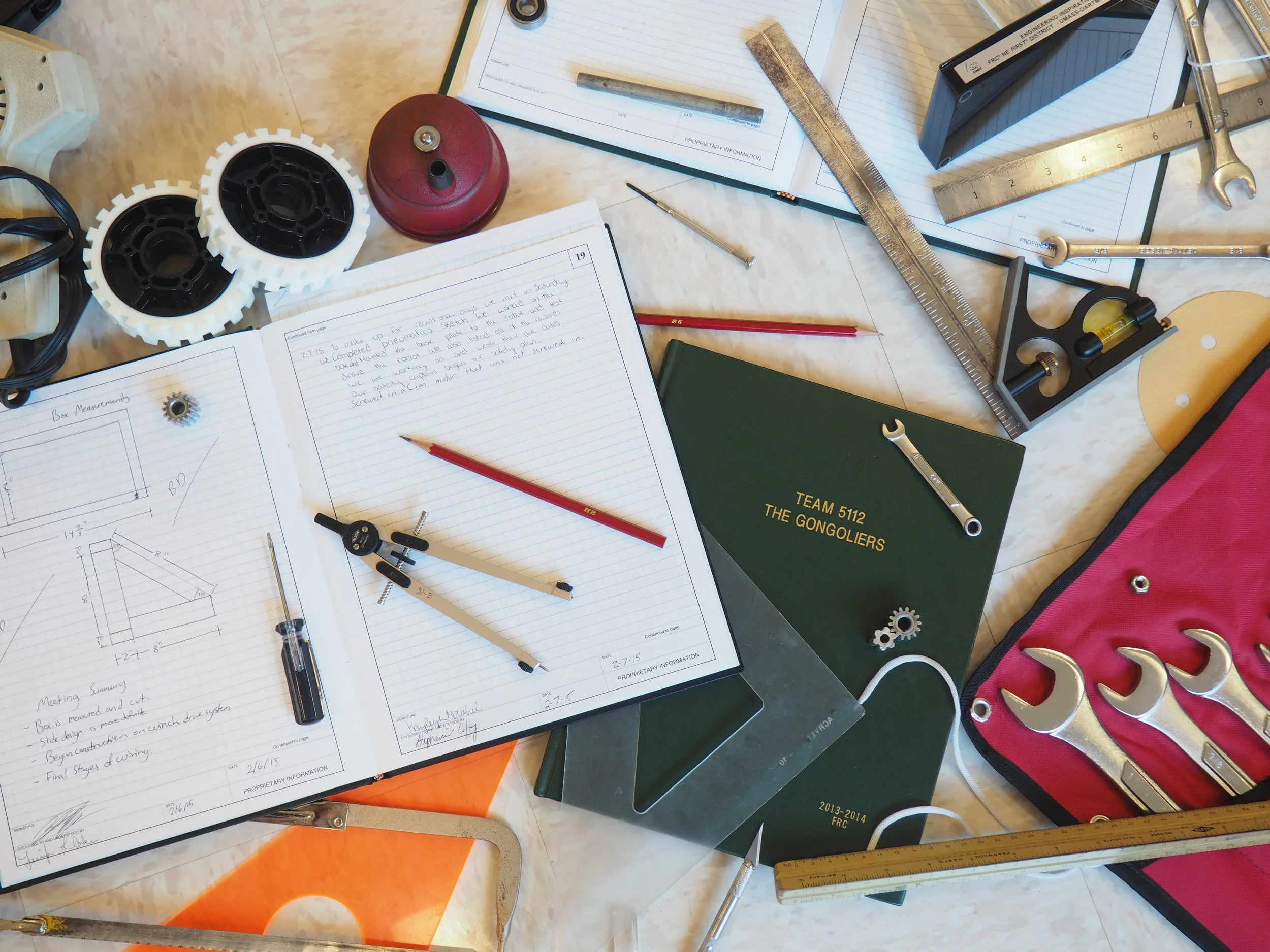“Although those I knew on the team, down to the freshman my senior year, are now graduated, I learned more about myself in those three years than I have in the rest of my life.”
I transferred into Ponaganset High School in August 2017 as a rising sophomore. From that August until June of 2020, I held multiple positions on the Gongoliers, focused mostly on the design and build process of the robot. As a new student at Ponaganset, I did not have too many friends coming in, nor did I really know any of the students there. When I joined Team 5112, I was able to not only connect with the mentors, but I was also able to make a bunch of new friends who were interested in the same things I was. Originally, I was involved in FIRST Tech Challenge on a home team in my original town. This love for robotics was what really drove me to join the Gongoliers. I brought my experience, albeit limited, from competitions to the late-night hours spent building robots. During my tenure on the team, the mentors and other students contributed to a different kind of learning environment than I was used to. The hands-on learning in addition to the team setting lent itself to fostering experiences that I later applied to industry, making connections, and self-improvement.
From my first build session until the day I graduated, I knew I wanted to continue
growing and working in the same setting that was established on day one. Coming into the team as a newbie, I joined the design department of the team, and was under the guidance of some of the older members. The seniors and juniors that year were the first to teach me what it meant to collaborate between teams, each with a different focus. Moreover, they taught me what it was
like to have a mentor that was easy to connect to. The seniors on the team my sophomore year I was able to look up to, and I wanted to provide the same experience to the younger members they afforded me my first year. To this day, I am still connected with some of those original members.
After getting established on the team, I worked my hardest to contribute everything I had to offer to the team. Working with my newly made friends, we were able to construct a machine that dwarfed the robots I had been creating in FTC for years. Being able to bring to life an idea in your head with your peers is invaluable, and really brings out the best in people. Everyone on the
team was working towards a common goal that they were passionate about. Even now in college, seeing the shine in the eyes of those you are with doing what they love is an incredible experience. The hours we spent in the lab working on the robot CAD, manufacturing, coding, team media, pit setup, and just goofing around melted away. For someone interested in science and technology at a young age, there is no better place to start than in FIRST, especially in FRC.
The most exhilarating part of my time spent on Team 5112, however, was the
competitions. As a team, we volunteered at competitions helping to set up, break down, and manage certain parts of the events. One year we were even awarded the Volunteer Award, which usually goes to an individual, not an entire team. Being at a competition was the first time I saw a large group of people (even larger than FTC) with the same shared passion for an event. Each
time there was a new alliance, there were groups of different people from all walks of life meeting for the first time, strategizing, getting along, and truly being on the same wavelength. During my senior year on the team, we built a robot (in my opinion the best machine our team had ever built, go Aergia), that ended up being a district event finalist. Throughout the eliminations, our alliance won by the thinnest margins, causing an adrenaline rush to everyone on the team. I will never forget having our robot break halfway through a match, but still fighting
to the end of the competition, winning as it went.
Although those I knew on the team, down to the freshman my senior year, are now graduated, I learned more about myself in those three years than I have in the rest of my life. My passion for the planes and rockets I study now can be partly attributed to those who were on the Gongoliers, including the lead mentors who helped me develop as a person and an engineer. I am forever grateful for the memories I brought away with me from the team, and to those I
connected with. Team 5112 The Gongoliers was a home away from home, a family outside of my family, and is responsible for a large part of who I am today. As always, cheer for the green alliance, and paddle down!
STEVE TURNBULL

